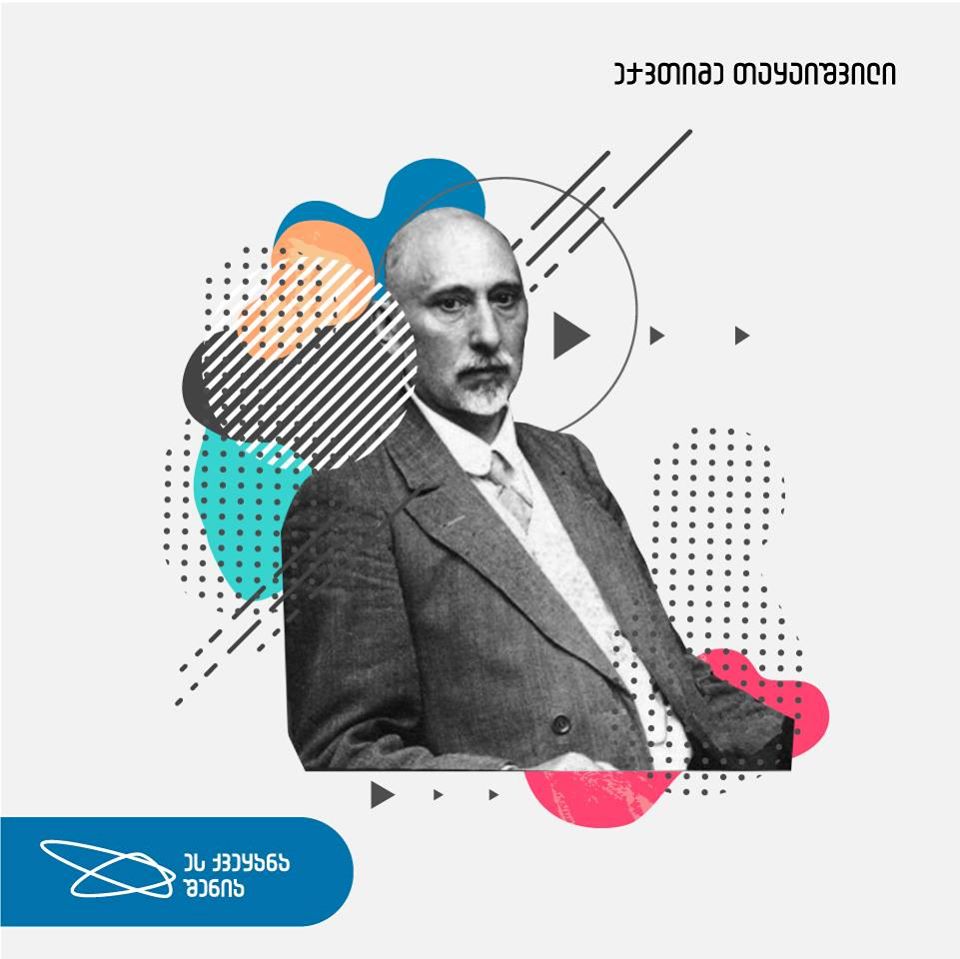Georgia: Controversial CSO foreign funding proposal
Popular





New political movement announced legislative proposal to regulate CSO foreign funding.
People’s Power, a newly established political movement1 called for a “strict legal framework” on CSO foreign funding. This came in response to the U.S. Foreign Relations Committee’s recent hearing, which discussed Georgia’s democratic backsliding and questioned whether the U.S. should reconsider its policy towards Georgia.
The movement claimed that U.S. funding goes mainly to Georgian civil society organisations, which inherently represent a “threat” to Georgia’s sovereignty . The exact nature of the CSO funding proposal is not known yet; however, People’s Power representatives state that they will base these regulations on the “best Western practices”, specifically mentioning the U.S Foreign Agent Registration Act (FARA). FARA was originally enacted in 1938 primarily to counter Nazi propaganda , but has been repeatedly weaponized to target nonprofits, activists, and others in the US too. The ruling party chairperson Irakli Kobakhidze also responded to People Power’s initiative, by stating, “We will see what it is, how it corresponds to Western practices, and we will discuss.”
The announced legislative proposal for CSO foreign funding comes amid increased verbal attacks on the civil society sector from government officials and pro-government media outlets, alleging partisan biases and a lack of financial transparency and accountability among Georgian watchdog organisations.
Foreign funding constitutes a major financial resource for Georgian CSOs
This type of ambiguous initiatives that put forward strict legislative regulations on CSO foreign funding, coupled with continuous attacks on CSOs, and restricting the participation of critical CSOs in decision-making processes repeat shrinking civic space scenarios from other countries.
Apart from, being a warning sign for the potentially deteriorating CSO environment, this process potentially compromises Georgia’s aspirations of becoming an EU candidate state. Especially, in light of the 2020 European Court of Justice (ECJ) ruling, which established that restrictions imposed by Hungary on the financing of civil organisations by foreign persons contradict the EU law.
source: csometer.info









